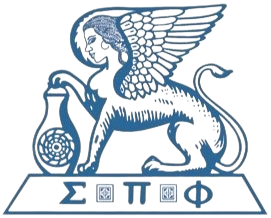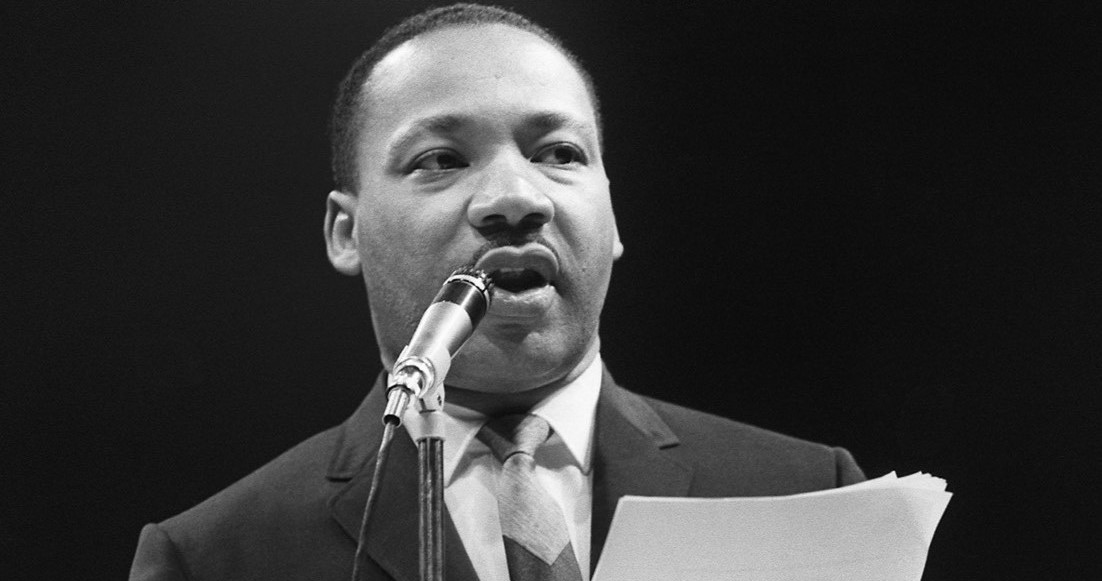Phi Boulé, encompassing Montgomery and Tuskegee, Alabama, was set apart on July 28, 1938, 12 years after Upsilon Boulé was set apart in Charleston, West Virginia. The might of Black Alabama had grown increasingly with the successes made by institutions of business, education, and spirituality. Phi Boulé emerged with 17 charter members from the communities of Montgomery and Tuskegee, as well as the state of Alabama, representing physicians, attorneys, pharmacists, administrators, businessmen, ministers, legal luminaries, political activists, college presidents, and professors in higher education.
This signaled a time and place. Separate and unequal, the swelter of White supremacy was rife in Alabama, and thus, Phi Boulé became the force that situated the National Urban League, conceived by Archon Frederick Patterson, President at Tuskegee Institute, and founder of the United Negro College Fund. Phi Boulé drew from wise men who had served as community leaders in Montgomery and Tuskegee.
In 1946, Archon W.E.B. Du Bois gave a speech before the Southern Negro Youth Congress in Columbia, SC, a predecessor to the Student Nonviolent Coordinating Committee (SNCC), the SNYC was comprised of Black youth across the South. In his message, Archon Du Bois opined: “The future of American Negroes is in the South. Here three hundred and twenty-seven years ago, they began to enter what is now the United States of America; here they have made their greatest contribution to American culture; and here they have suffered the damnation of slavery, the frustration of reconstruction and the lynching of emancipation.” Archon Du Bois told the young people that the fight for civil rights would take place in the South, “in Carolina, Georgia, Alabama, Louisiana, and Mississippi.” It is Phi Boulé who answered the call as historical agents who resisted and responded to various forms of institutional racism and discrimination.

